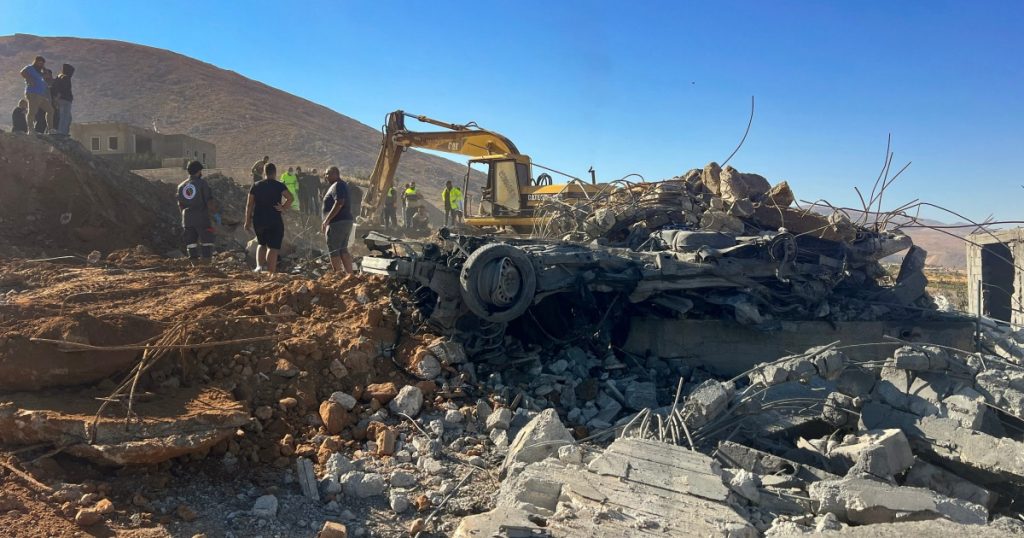The recent strike that killed Hezbollah leader Hassan Nasrallah and a senior Iranian Revolutionary Guards commander has sparked significant retaliation threats from Iran. Foreign Minister Abbas Aragchi has stated that the blood of the martyrs will not go unanswered, and Iran will stand firmly with the resistance. Iran’s parliament speaker has also pledged continued support for the axis of resistance against Israel. The situation is considered extremely dangerous, with high alert status and the possibility of further escalation at any moment, with the U.S. being accused of complicity in the attack.
In response to the conflict in Lebanon, the World Food Programme has launched an emergency food operation to aid one million people impacted by the violence. China has called for a ceasefire in Gaza and urged Israel to refrain from actions that violate Lebanon’s sovereignty, advocating for measures to de-escalate the situation. There are concerns over the spillover of the Gaza conflict into Lebanon, emphasizing the need for immediate action to cool down tensions in the region.
On the ground in Lebanon, there is a mix of emotions and actions. Citizens like Andre Kahale have experienced fear and uncertainty following the strikes on Hezbollah headquarters, with sleepless nights and concerns for the future. However, there are also sentiments of hope and optimism, with some believing that the death of Nasrallah could pave the way for peace in Lebanon. Amidst the chaos, many displaced individuals are seeking shelter, with some forced to sleep on the streets due to the ongoing conflict.
International leaders, including U.S. Secretary of Defense Lloyd Austin, have engaged in discussions with counterparts in Israel to address the situation in Lebanon. The U.S. has expressed support for Israel’s right to defend itself and reiterated its commitment to deterring Iran and its allies from exploiting the conflict. The Islamic Revolutionary Guard Corps (IRGC) has confirmed the death of one of its top regional commanders in the same strike that killed Nasrallah, highlighting the escalating tensions.
As the conflict escalates, Israel continues to launch airstrikes on Lebanon, targeting Hezbollah locations and causing significant casualties. The death toll has risen to over 1,000 people, with thousands more injured in the past weeks of intense fighting. The State Department has offered assistance to U.S. citizens in Lebanon, advising them to consider evacuation due to the unpredictable nature of the ongoing conflict. Commercial flights are available, but at reduced capacity, with the need for immediate action to ensure the safety of those still in the country.
Amidst these developments, there are growing fears of a wider war in the Middle East as tensions rise and violence escalates. The death of Nasrallah has further inflamed the situation, with concerns over the potential for a broader conflict to erupt. The region remains on edge, with international efforts focused on de-escalation and finding a peaceful resolution to the ongoing crisis.


